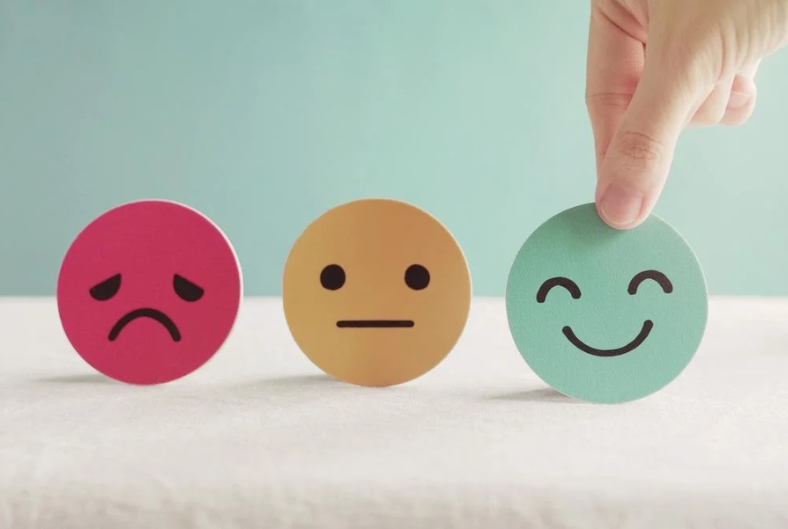Perceptions of Emotions
According to the James-Lange theory, a person’s emotions and mood are influenced by every physical state. For instance, if someone smiles, they are likely happy. Because they developed the same theory together, James and Lange both hold the belief that every move, activity, and action has a distinct effect on people’s emotions.
According to Freberg (2016), our brain responds to a variety of signals from various parts of the body, such as our eyes when we cry, our mouth when we smile, and our heart when we are surprised. Most of the time, people don’t realize that their mood changes when they move their facial muscles.
This is why irrational people are always down, but happy people can’t stop smiling. According to Freberg (2016), our careers, relationships with family and friends, and other aspects of our daily lives are significantly influenced by our feelings. People who are more receptive to making new friends, who take pleasure in every moment of their lives, and who do not hesitate to express their feelings tend to be happier and more successful than those who are antisocial (Freberg, 2016).
We always want our coworkers, friends, and family to see happy people around us. As a result, going to restaurants, theaters, and other venues for entertainment is a popular pastime for adults who want to experience new emotions and boost their vitality.
The exercise relates to the subject matter that was discussed earlier by pointing out that people may occasionally exhibit fictitious emotions. Wiseman (2014) explains how to recognize genuine smiles from smirks by observing the wrinkles under a person’s eyes.
Because some people limit their smiles to please their conversation partners, this knowledge is very helpful in everyday life. Unfortunately, some people are unable to distinguish between genuine and fictitious emotions, leading them to form relationships with people who do not care about their lives. Is it a sign that a friend doesn’t want to talk to them if they pretend to be feeling something?
Gender and Stress
It is common knowledge that women and men respond differently to the same stressful circumstances. According to Jackson (2010), females’ bodies produce a particular hormone known as oxytocin, which is the cause of this factor. When women are feeling drained and stressed, this feature helps them deal with their feelings.
According to Kumsta & Heinrichs (2013), testosterone, a male hormone, makes people more aggressive and expressive in everyday life. As a result, men are more agitated than their girlfriends or wives. Furthermore, according to Jackson (2010), men exhibit a more hostile stress response than women do.
It is appropriate to mention that females have a large behavioral repertoire as a result of the aforementioned hormone (Jackson, 2010). The social support that people receive from those around them is another factor that contributes to gender differences in response.
In particular, friends, husbands, and children always support women (Jackson, 2010). As a result, they feel safer than men who expect no one to care about them. It is essential to point out that compared to people with the most social connections, those with the fewest social connections have a death risk that is approximately 2.5 times higher.
Even though there are a few general theories about how women and men deal with stress differently, there are some individual factors and reasons that suggest personal qualities in these situations. For instance, according to Kumsta & Heinrichs (2013), some people are so attached to every bad outcome that they need to avoid feeling stressed out because it could hurt their health.
However, according to Kumsta & Heinrichs (2013), some people are inspired to overcome specific obstacles by their own mistakes and failures. Although many researchers believe that women’s bodies produce more oxytocin hormones in response to stress, does this mean that women experience fewer negative experiences and stressful situations in their lives?
Final Thoughts —
There are a handful of theories stating that men and women tackle stress and depression differently, and so their emotional perceptions differ.
If you are considering trying to tackle stress, do so at a collegiate medical center, hospital, or clinic where classes are taught by qualified health professionals.
Suave Concierge’s professionals will help you with that. We can offer you stress therapy and full support as you recover from it.
So, get started by contacting us right away!

